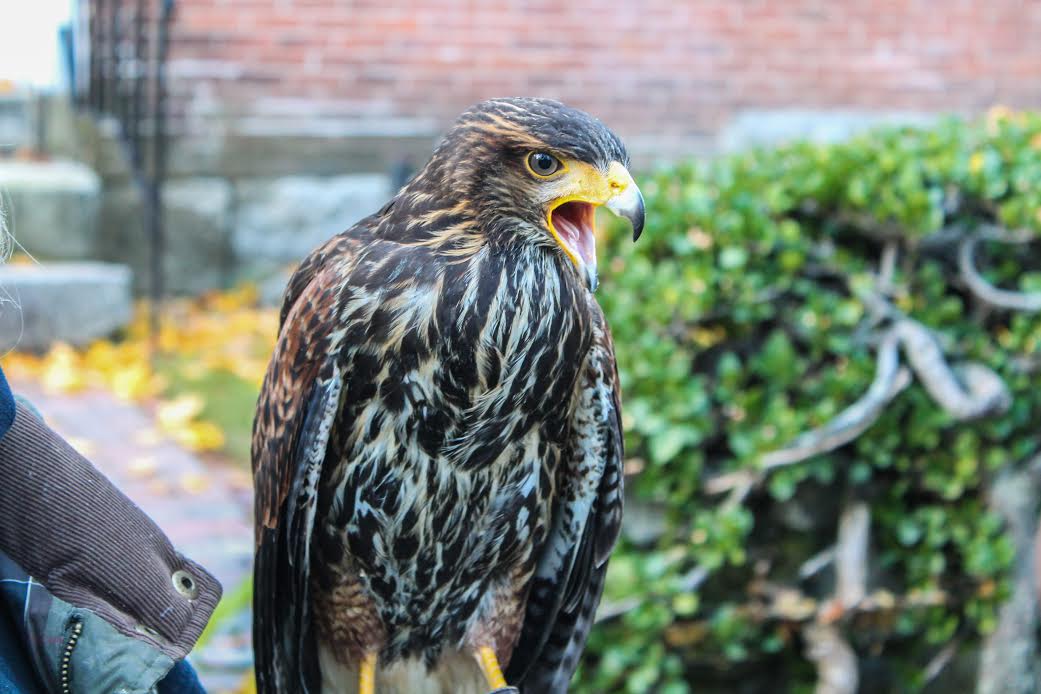By Weldon Bosworth
Gilford, NH
House Bill 118: A Bill to Modernize the NH Fish and Game Commission
Wildlife in NH, both terrestrial and aquatic, are held in Public Trust for all NH citizens and yet because of archaic regulations only 10% of NH residents, those who hold hunting, fishing or trapping licenses, have any say in their management.
RSA 206:2 specifies that only persons who have had a hunting, fishing or trapping license in at least 5 of the 10 years preceding their appointment can serve on the NH Fish and Game Commission (Commission). Furthermore, this statute stipulates that only “sporting clubs”, i.e., hunting clubs, can nominate persons for appointment to the Commission. The statute, as presently written, is unnecessarily restrictive, and, more importantly, excludes many persons who, while they have relevant experience and background to serve as Commissioners, are excluded from appointment because they do not currently hunt, fish or trap, and are not members of a “sporting club”. Thus, over 90% of NH’s residents are denied any substantive voice in how their public trust fisheries and wildlife resources are managed.
Failure to provide an opportunity for representation on the Commission for those who provide a significant portion of NH Fish &Game’s (NHF&G) budget is prejudicial to the substantial majority of NH’s citizens. While hunters, anglers and trappers contribute approximately 40% of the annual NHF&G budget either directly from licenses sales or indirectly from federal programs funded by excise taxes on hunting and angling equipment, approximately 60% of the NHF&G budget comes from the non-hunting and fishing public, including through the General Fund (Study on the Efficiency and Effectiveness of Fish and Game Department Operations (SB 48, Chapter 5:2, Laws of 2018)
Other user groups within NH that have a vested interest in the health and sustainability of fish and wildlife populations and conservation of their habitats include:
- Organizations or professionals that own or manage conservation land and timberland
- Agricultural organizations or small farmers
- Conservationists who prioritize the health and sustainability of NH’s ecosystems over “harvesting” wildlife
- Photographers
- Hikers and mountain bikers
- Paddlers (canoe, kayaks and paddleboard)
- .. and folks who just like to observe wildlife
These organizations as well as individual citizens can offer a wide range of expertise and guidance to NH F&G. By including other user groups in the governance of NH F&G, the Department would benefit significantly from their skill and experience. If additional expertise and wildlife stakeholders from other user groups were on the Commission, I believe it could greatly benefit the Department, both from a fisheries and wildlife conservation and management perspective as well as in working towards the goal of sustainable funding for Fish and Game.
House Bill 118 proposes that in addition to “sporting clubs”, organizations with an interest in wildlife and habitat conservation also can submit recommendations to the Governor for appointment to the Fish and Game Commission. Furthermore, an Amendment to HB 118 that will be proposed at the Monday, February 1st, hearing by Representatives Spillane, Read and Howard improves upon the original HB118 by not only providing for the possibility of organizations other than “sporting clubs” submitting nominations to the Governor for the Fish and Game Commission, but also by eliminating the requirement for up to four Commissioners (three from counties and one from the seacoast) to hold a hunting, fishing or trapping license. In doing this, the amendment to HB 118 provides a potential place on the Commission for up to four scientists who in place of holding a license are qualified for the Commission by their substantial scientific credentials or expertise, expertise we are now lacking on the Commission.
Furthermore, this proposed amendment is specific in defining the qualifications required for these scientists. Not only are they required to have a graduate degree or, alternatively, an undergraduate degree and five years’ experience in a scientific discipline, the amendment explicitly lists the disciplines that qualifies these candidates. The qualifying fields in the amendment are areas of study that contribute directly to the mission and responsibilities of NH Fish and Game.
HB 118 and the amendment proposed by the Spillane/Read/Howard amendment will provide an opportunity for NH citizens who care just as much as hunters, anglers and trappers about NH’s public trust wildlife and fisheries resources to participate in wildlife and fisheries governance. The non-hunting and non-angling public contribute substantially to wildlife and fisheries conservation and management through their federal tax dollars, their direct contribution to NHF&G programs not directly associated with hunting and angling as well as their contributions to the many NH’s conservation non-profits such as The Nature Conservancy, Society for Protection of New Hampshire Forests, Audubon and various land trusts who conserve land and habitat used by hunters, anglers and trappers. Making room on the Commission for NH citizens who value wildlife for purposes other than “harvesting” them is an equitable way of modifying the regulations to be consistent with the real world.
You can support this Bill by logging on to the NH House legislative site and registering your support at http://gencourt.state.nh.us/house/committees/remotetestimony/default.aspx. Select February 1st, Fish, Game and Natural Resources Committee and HB 118.
Weldon Bosworth
Gilford, NH
Weldon Bosworth of Gilford is a Ph.D. ecologist and retired environmental consultant with experience evaluating potential impacts to populations and communities of biological organisms throughout the U.S. and Canada.






